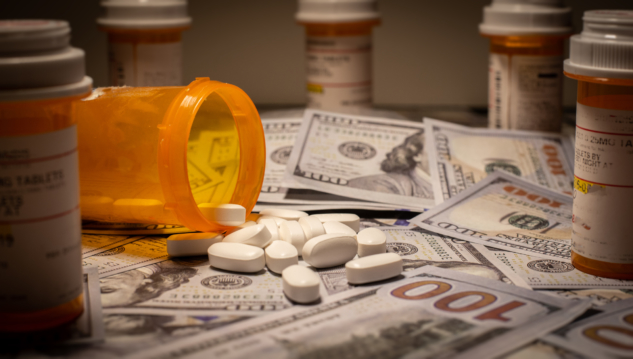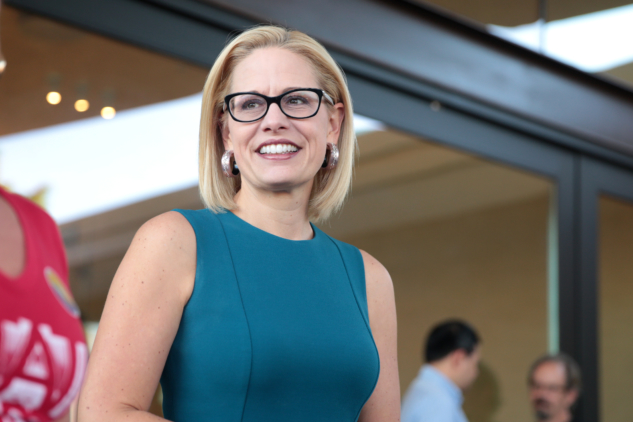
For American seniors, the Democrats’ new agreement on prescription drug pricing reform is definitely more than a glass half full. It is not everything that advocates had hoped for, but it is a historic step toward taming soaring drug prices that force too many seniors to forgo vital medications. Party leaders announced an agreement on Thursday night as part of ongoing efforts to pass President Biden’s Build Back Better plan.
“Fixing prescription drug pricing has consistently been a top issue for Americans year-after-year, including the vast majority of both Democrats and Republican (voters) who want to see a change because they simply cannot afford their medications,” Senate Majority Leader Chuck Schumer, 11/2/21
The agreement would for the first time allow Medicare to negotiate the price of some drugs with Big Pharma. It would also cap seniors’ out-of-pocket drug costs at $2,000 per year. (The current cap is $6,500 annually.) Drug-makers also would be required to pay rebates for any price hikes exceeding the rate of inflation.
“While not nearly as expansive as we had originally proposed, I’m hopeful the agreement’s new inflation rebate and out-of-pocket cap for seniors will work in tandem with Medicare’s negotiation authority to meaningfully lower prescription drug costs for Americans.” – Frank Pallone, Chairman, House Energy & Commerce Committee, 11/2/21
The agreement represents at least a partial victory over Big Pharma, a lobbying behemoth which has pressured many lawmakers to oppose robust drug pricing reform – not to mention the industry’s barrage of misleading television ads to try to convince the public that reform is bad for consumers. Typically, drug-makers have labeled the Democrats latest plan “disastrous.” In truth, it will only be disastrous for Big Pharma if it insists on squeezing maximal profits through prescription price gouging.
Democrats are confident about the plan’s passage now that holdout Senator Kyrsten Sinema (D-AZ) has agreed to it. Her spokesperson says that “the Senator welcomes a new agreement on a historic, transformative Medicare drug negotiation plan that will reduce out-of-pocket costs for seniors.”
Moderate Democrats who blanched at a more comprehensive Medicare negotiation plan also signed onto the new agreement. They include Rep. Scott Peters (D-OH), Kurt Schrader (D-OR), Stephanie Murphy (D-FL), and Kathleen Rice (D-NY).
The National Committee and other seniors’ advocacy groups have long fought for meaningful prescription drug pricing reform. NCPSSM enthusiastically supported H.R. 3, the Elijah Cummings Lower Drug Costs Now Act, which was introduced during the 116th Congress. Advocates’ hopes burned high when Democrats won the White House and took control of the Senate in 2020, seeing it as the best opportunity in more than a generation to lower drug prices. But opposition from moderates in the House and Senate forced party leaders to scale back their plans for comprehensive reform.

Holdout Senator Kyrsten Sinema (D-AZ) has signed onto the party’s latest drug pricing reform plan
Yesterday’s announcement breathed new life into the party’s efforts to lower drug prices.
“It isn’t all we hoped it would be, but at least it opens the door for Medicare drug negotiation,” says Dan Adcock, the National Committee’s director of government relations and policy. “And the out-of-pocket cost cap for seniors is very significant, especially when you consider that one million Medicare beneficiaries, many of whom live on fixed incomes, are currently paying $3,200 or more a year for prescription drugs.”
Adcock expects the new drug reform plan to pass both Houses of Congress, now that moderates who opposed it are on board. “Politics is the art of the possible,” he says, “And this is what appears to be possible for now.”


